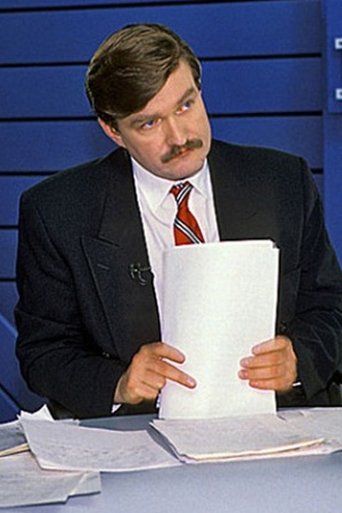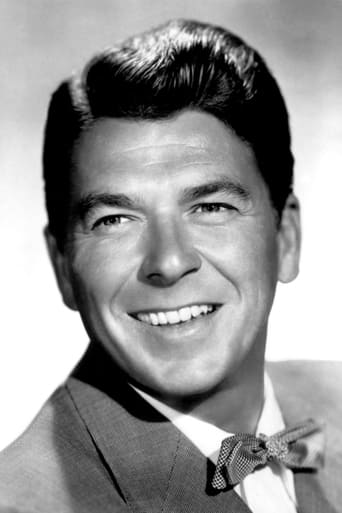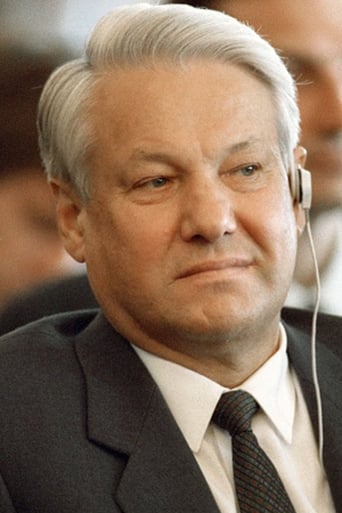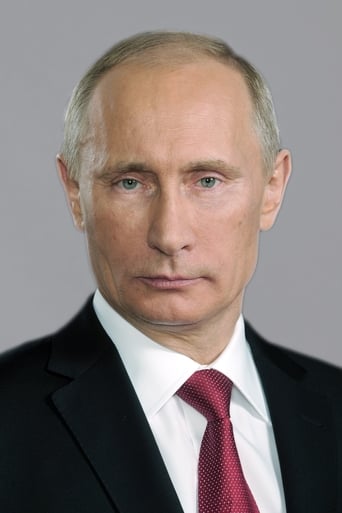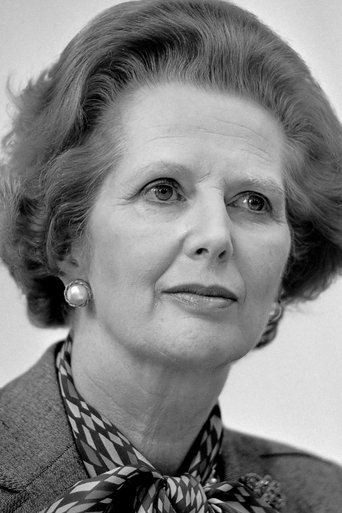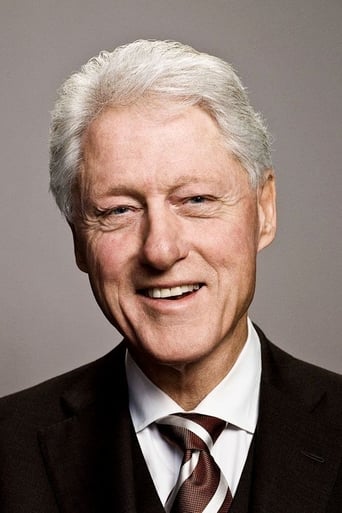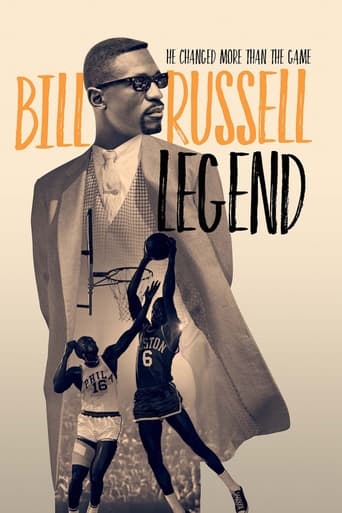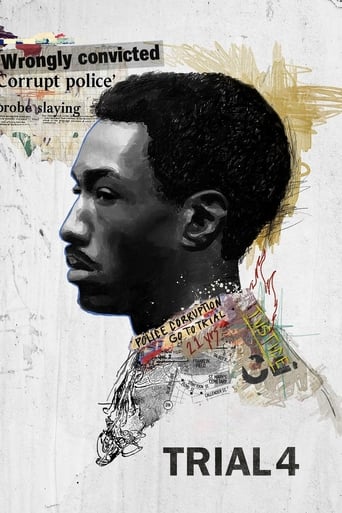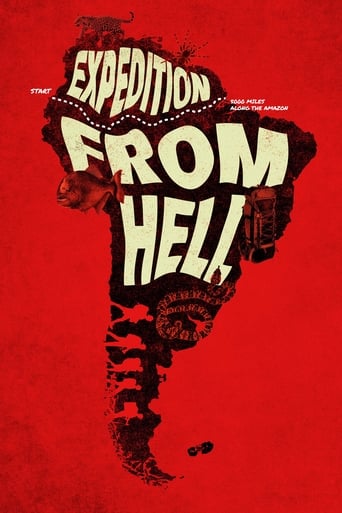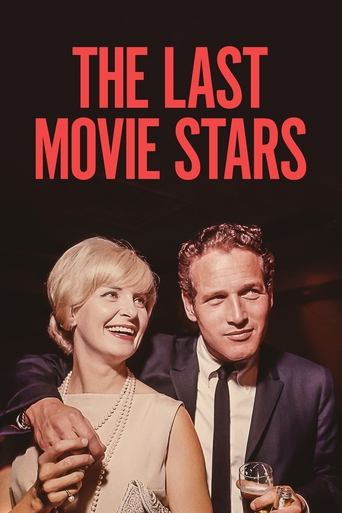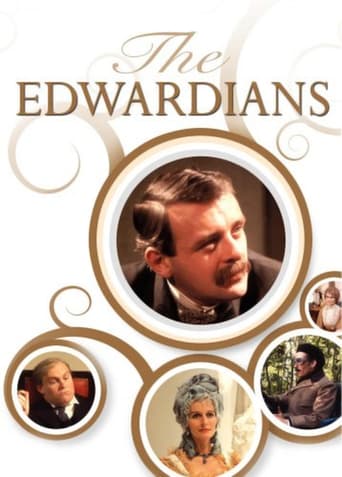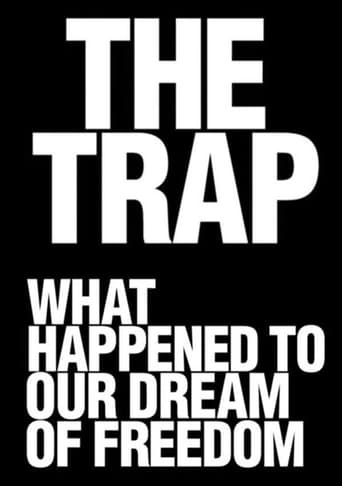
We Will Force You To Be Free
The final program focused on the concepts of positive and negative liberty introduced in the 1950s by Isaiah Berlin. Curtis briefly explained how negative liberty could be defined as freedom from coercion and positive liberty as the opportunity to strive to fulfill one's potential. Tony Blair had read Berlin's essays on the topic and wrote to him in the late 1990s, arguing that positive and negative liberty could be mutually compatible. He never received a reply, as Berlin was on his death bed.
Country: GB
Language: En
Runtime: 60
Season 1:

In this episode, Curtis examines the rise of game theory during the Cold War and the way in which its mathematical models of human behaviour filtered into economic thought with particular reference to the work of John Nash, who believed that all humans were inherently suspicious and selfish creatures that strategised constantly.

The second episode reiterated many of the ideas of the first, but developed the theme that the drugs such as Prozac and lists of psychological symptoms which might indicate anxiety or depression were being used to normalize behavior and make humans behave more predictably, like machines.

The final program focused on the concepts of positive and negative liberty introduced in the 1950s by Isaiah Berlin. Curtis briefly explained how negative liberty could be defined as freedom from coercion and positive liberty as the opportunity to strive to fulfill one's potential. Tony Blair had read Berlin's essays on the topic and wrote to him in the late 1990s, arguing that positive and negative liberty could be mutually compatible. He never received a reply, as Berlin was on his death bed.


